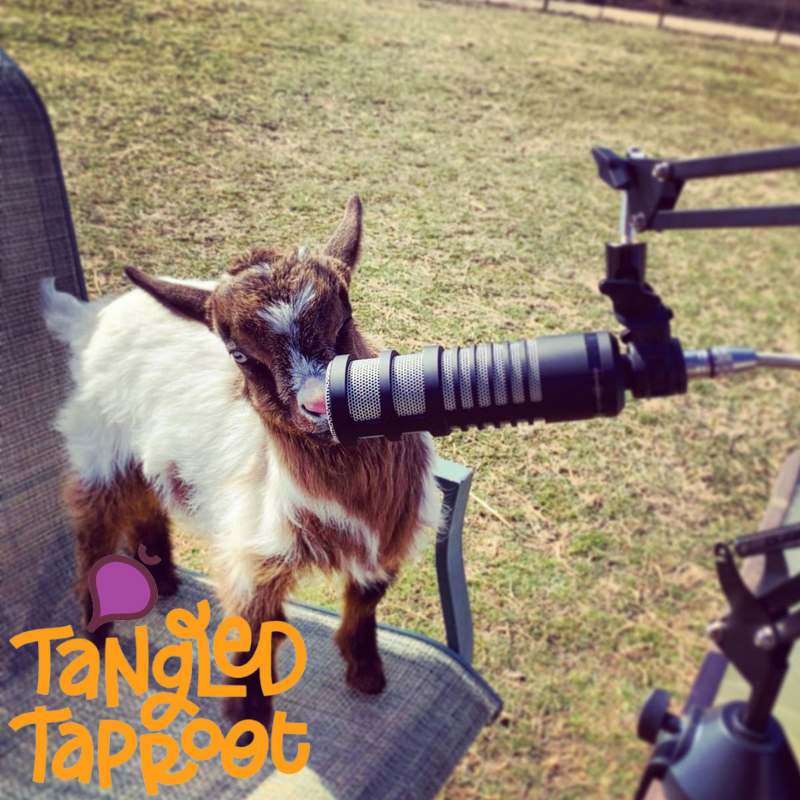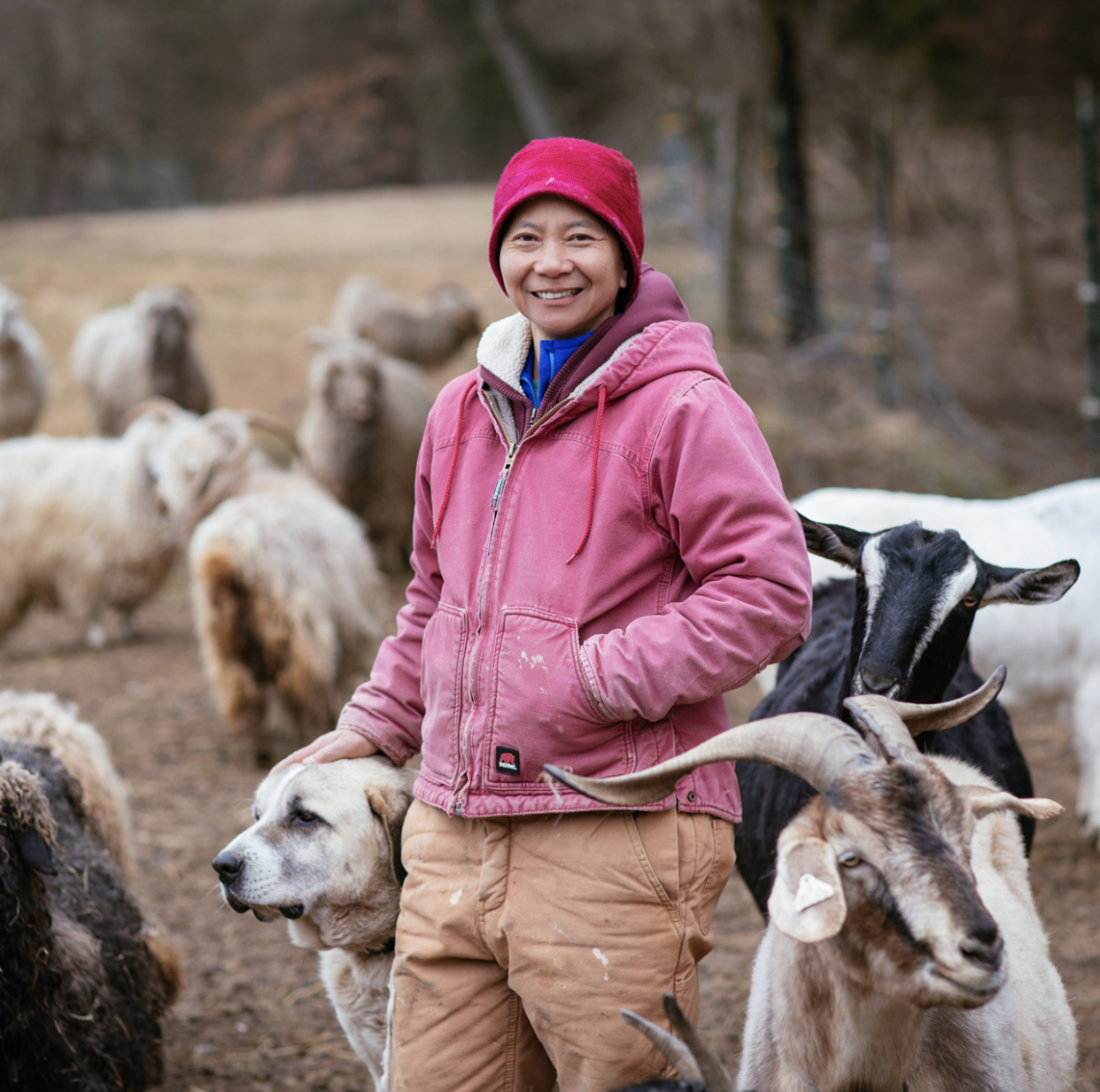In this episode, Jeff Suchland from Alpacas of Troy shares his family's journey into small-scale alpaca farming and their transition from cattle farming. He discusses the profitability of alpaca farming and the benefits of alpaca fiber for those with allergies. We delve into the process of turning alpaca fiber into yarn, as well as the challenges of milling fiber for other people. Jeff shares how his family vertically integrated their farm by establishing their own mill, giving them more control over their products. The discussion also touches on the unique farming strategies used for predator protection, such as using goats and hogs to keep mountain lions away.
Alpacas of Troy is a family-run operation with 15 alpacas and other animals such as fainting goats, pigs, chickens, peacocks, and horses. The farm is located in eastern Missouri north of St. Louis and primarily focuses on the production of yarn and felted and knitted products, all of which are made from the alpaca fiber grown and spun on the farm.
Most people only see the beautifully packaged, final food products at farmer’s markets and specialty grocery stores, but the Tangled Taproot podcast will showcase unique stories from small-scale midwestern farmers, entrepreneurs, and other thought leaders in regenerative agriculture. Guests will share their successes, challenges, and future goals for their own companies and for the sustainable farming industry. The podcast is brought to you by St. Louis-based sustainable food startup Mylk and Hummus, and hosted by M & H Founder John Cowan, Kitchen Manager and Recipe Developer Christin Jameson, and Jackson.
Founded in 2020 by John Cowan, Mylk and Hummus makes on-the-go, chickpea-based snacks that focus on flavorful hummus varieties and ready-to-drink plant-based lattes. Mylk and Hummus products nourish the physical and mental endurance needs of today while considering environmental goals for the future. At Mylk and Hummus, plant-based food is made with ingredients proudly sourced through sustainable and regenerative agriculture where farming principles and practices enrich soils, restore watersheds, and lead to healthy ecosystems. The company operates on these principles to significantly reduce our carbon footprint and contribute to the reversal of global trends in climate instability, habitat loss, and the vitality of the natural world.
Discussion Points:
Resources:

Welcome to the Tangled Taproot podcast, brought to you by St. Louis-based sustainable food startup Mylk and Hummus. Your hosts are M & H...

How does the harvest-to-order model employed by the Kansas City Food Hub’s farms minimize food waste and maximize efficiency in the supply chain? Today...

In this episode, our guest is Rosalie Truong, Chief Farmer and Owner of Grand Army Farm in Labadie, MO. Rosalie was raised in Vietnam...